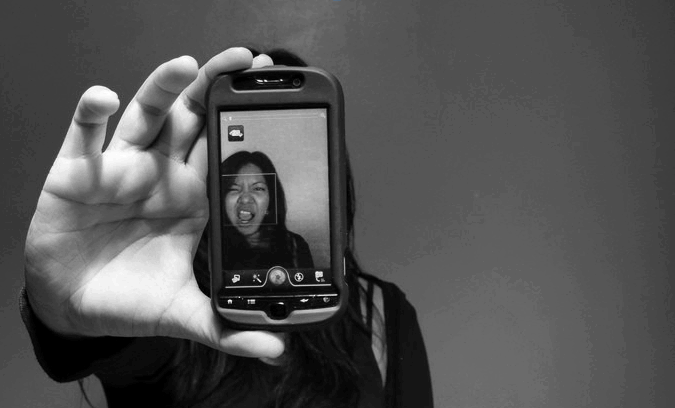We think it’s fair to say that there is quite a bit of IP angst out there in the world. SOPA angst, Kookaburra angst, Girl Talk angst, you know what we’re talking about – tussles over the extent to which IP should be regulated, exclusivity period lengths and so on….
While we all love a bit of intellectual debate and banter, today brings a good news IP story for our readers.
Last month, Open Education Week took place online and at campuses around the world from California to Beijing. And what exactly is Open Education? Open Education started in around 2001, when Massachusetts Institute of Technology (MIT) started making their course content available online at MIT OpenCourseWare (OCW). That’s right, MIT courses. For free. Online. Pretty incredible really.
In the last decade, MIT OCW has grown from a pilot version with just 50 courses to the publication of nearly all MIT courses online, multiple language translations and accompanying audio and video content.
The launch of MIT OCW catalysed an incredible change in culture as universities around the world followed suit and published their own course materials on the internet for use, free of charge. This shift has seen the foundation of the Open Course Ware Consortium, a global group of over 250 universities and associated organisations on a mission to promote the availability and use of open educational content online.
And how exactly does IP fit into all of this? Open Course Ware is facilitated by the flexible ‘some rights reserved’ approach available under Creative Commons licences. Open education content is commonly licenced to allow free sharing (copying, distributing and transmitting the work) and remixing (adapting the work) so long as the original author is appropriately attributed, the use is non-commercial and the resulting work is distributed
under a similar licence.
This shift in the way that educational content is made available is in turn fostering creativity and innovation in the educational sphere. The New York Times reports that programmers, designers, writers and professors are collaborating at the IE University in Madrid to develop educational multimedia content for more experiential learning. Content examples include multimedia case studies including videos, simulations and interactive data that allow students to take virtual charge of developing commercial strategies for a hypothetical company. While the content is currently free for individual use, IE University is reportedly looking at the possibility of recovering some of their costs by licensing the content to other education providers.
Interestingly, here, the predominant immediate value in the IP is regarded as “attribution” and “recognition” rather than immediate financial reward. The IP is not regarded as “proprietary” in the sense of “private” to its student base, which is also an important change. Of course, by facilitating an educational remix to students everywhere, the goodwill generated by the endeavour might have longer term financial and reputational gains for organisations participating in the scheme. This is another illustration of how the Internet is leading to a change in business models, including in some aspects of the educational sphere.







